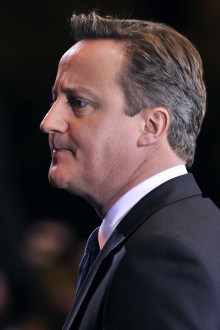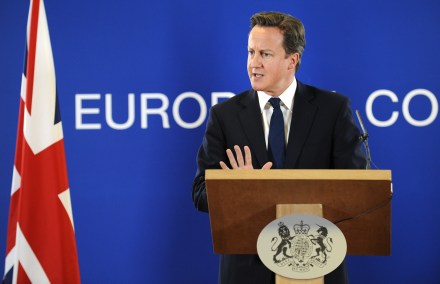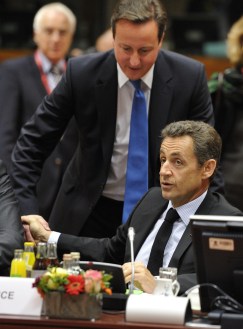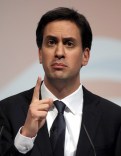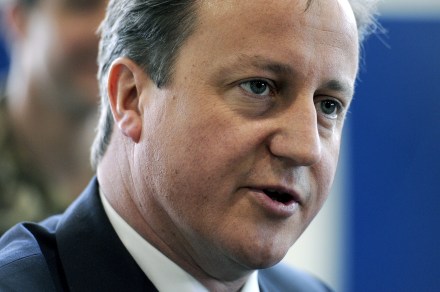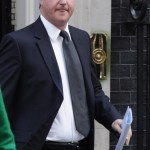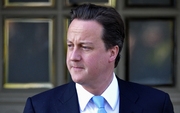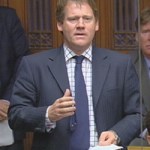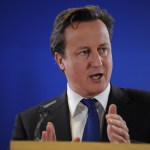PMQs or St Paul’s protest?
The Hair Shirt walked abroad at PMQs today. Those attending the Square Mile sleepover finally forced their agenda into the political mainstream. The question is, what is their agenda? A protest that doesn’t define its programme allows others to define it for them. And today both party leaders tried to harness the anti-capitalist spirit for their own political ends. Ed Miliband claimed to be scandalised by a recent, and arguable, surge of 49 per cent in directors’ pay. He demanded that the PM take action. Cameron seemed equally appalled at the news that fat cats have been getting fatter during the recession. But he wasn’t taking any sermons from Labour.
